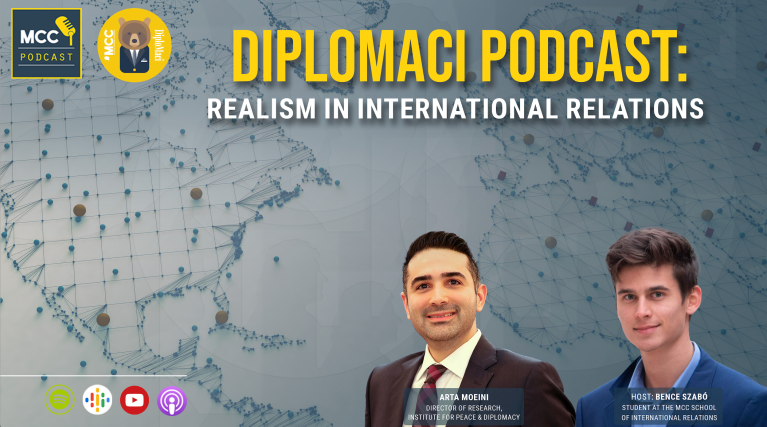The legislative election and the first round of the presidential election were held on 14 May, and, since none of the presidential candidates reached an absolute majority in the first round, a second round was also due for Recep Tayyip Erdoğan and Kemal Kılıçdaroğlu on 28 May. On 14 May the AKP-led People’s Alliance ensured a comfortable majority in the Grand National Assembly, followed by the incumbent president’s win two weeks later. These results can be either surprising or not surprising at all, as several analysts foresaw the closest election fight ever in Türkiye between Erdoğan and his alliance and Kılıçdaroğlu and his opposition bloc. Actually, this is what we witnessed, but expectations varied greatly, with many envisioning the defeat of Erdoğan and the AKP. In the latest Votes & Seats podcast episode, Szabolcs Janik (Centre for Political Science, MCC) had the honour to discuss the Turkish elections and their consequences with Bilgehan Öztürk, researcher of the Ankara-based think tank SETA. From the podcast episode you can learn about, among other things, the factors that helped Erdoğan and AKP, the key campaign topics, which parties can be considered the winners and losers of the election, why it was vital for Erdoğan to achieve a majority in the legislation with his party alliance, or what challenges the re-elected president faces in domestic politics, the economy and in foreign affairs.

June 16, 2023
MCC Votes & Seats Podcast: 2023 Turkish Elections
From a European – and maybe even global – point of view, the Turkish elections definitely ranked among the most significant political events of May 2023.
Reading time: 2 minutes








